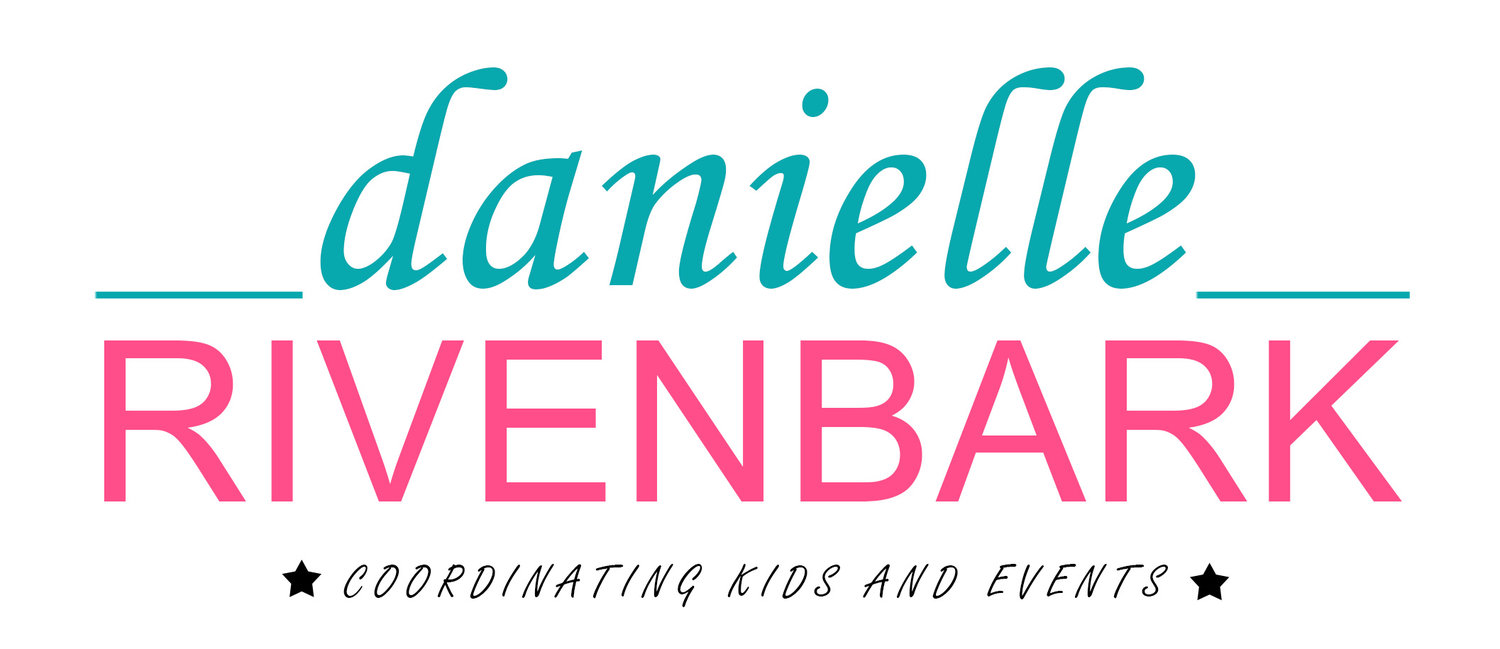Something happened today that made me want to share my experiences in event planning with the world. I hope that this blog can be a resource some day to a new event planner.
I had a group in the building that needed lunch and I made all the preparations to make that happen. Then we ate lunch and the next group came down and there was no food to be had! The caterer looked baffled, as did I. Then it hit me... I made a mistake... a HUGE, GIANT, GLARING MISTAKE!!
How could this have happened? The fact is, it happens. My point of contact at the catering office had been on vacation the week before and we've been working with a new caterer. I ordered my food according to protocol, then decided that I didn't need break food, so when it showed up yesterday, I was shocked. The caterer emailed me and asked, did you not need this food for the rest of the week? I said no I'm all set. What I didn't read in his email, was that he asked about breaks AND lunch. Oops!!! I was so quick to answer him that I accidentally canceled the next two days for food, but I only thought I was canceling the break.
I made a mistake!
Here is some context.I had a group in the building that needed lunch and I made all the preparations to make that happen. Then we ate lunch and the next group came down and there was no food to be had! The caterer looked baffled, as did I. Then it hit me... I made a mistake... a HUGE, GIANT, GLARING MISTAKE!!
How could this have happened? The fact is, it happens. My point of contact at the catering office had been on vacation the week before and we've been working with a new caterer. I ordered my food according to protocol, then decided that I didn't need break food, so when it showed up yesterday, I was shocked. The caterer emailed me and asked, did you not need this food for the rest of the week? I said no I'm all set. What I didn't read in his email, was that he asked about breaks AND lunch. Oops!!! I was so quick to answer him that I accidentally canceled the next two days for food, but I only thought I was canceling the break.
Reacting to your mistake
Here are some tips on reacting to when you make a mistake.- Don't panic. It occurred to me that I had just messed up a group's meal and schedule for their educational program for the day. So, I took a deep breath and sprang into action. Lucky for me, I find event planning exciting for this reason: no two days are ever the same.
- Answer these questions: Will this be a long term mistake (5, 10 or 15 years), or is this something that is temporary? What's the worst that can happen? What's the best that can happen? Will I remember this in 5 years?
- Admit your mistake and take responsibility. Don't blame someone else for the mistake that was your own. It's ok to make a mistake and the blame game doesn't get you anywhere. Once I composed myself, I marched up to the faculty in charge of the group that was without food and explained that I had miscommunicated with the caterer and that my group had just eaten all the food intended for them. I feared being yelled at, but it was necessary.
- Say you're sorry. This is important, no matter how badly you feel. Not only did I apologize to the faculty about the mistake, but then I found the other event planner and apologized to her. The best part of it all, no one killed me! I even emailed both of them afterwards and offered one last apology.
- Find a solution. Fortunately in this situation, the caterer was right down the hill and within 20 minutes more food was delivered. I quickly worked with the appropriate people to remedy the situation.
- Mourn a little, but not too much. I can't tell you how badly I felt for messing something up, but I still had a program to run and I couldn't let it get me down. I have a motto that I use: "We're not saving lives." What I mean by this is, no one has died, there isn't some great tragedy. Did I feel bad for my mistake? Of course, did I remedy it? I did. Should I feel bad? Yes, because it was disruptive for many people, but not so much that I can't continue on with life.
- Debrief. The mistake at this point has been remedied, but it's not over. It's important to come together as a group and talk about what can be done for the future. Also, what did you learn about the mistake that you made?
- Forget the mistake, but remember the lessons. Most mistakes will not haunt you for the rest of your life. In this instance, I needed to slow down and thoroughly read the email from the caterer. He asked if I was canceling the break and the lunch and I just said "yes."
- Attempt not to make the same mistake repeatedly. I highly doubt that I will overlook another catering email so quickly, and if I do that's double shame on me!
